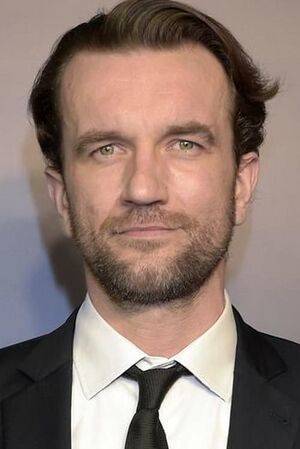Prime Minister of Volyna
| Prime Minister of the French Republic | |
|---|---|
| Прем'єр-міністр Волинської Республіки | |
| Style | Mr Prime Minister (informal) His Excellency (diplomatic) |
| Type | Head of government |
| Member of |
|
| Reports to | President |
| Residence | Haranenko Estate |
| Seat | Lusk, Volyna |
| Appointer | President |
| Term length | No term limit |
| Constituting instrument | Constitution of Volyna |
| Inaugural holder | Taras Pryjmak |
| Formation | 4 October 1947 |
| Website | www.governement.uk |
The prime minister of Volyna (Volynian: прем'єр-міністр Волині), officially the prime minister of the Volynian Republic, is the head of government of the Volynian Republic and the leader of the Council of Ministers.
The prime minister is the holder of the second-highest office in Volyna, after the president of Volyna. The president, who appoints but cannot dismiss the prime minister, can ask for their resignation. The Government of Volyna, including the prime minister, can be dismissed by the National Assembly. Upon appointment, the prime minister proposes a list of ministers to the president. Decrees and decisions signed by the prime minister, like almost all executive decisions, are subject to the oversight of the administrative court system. Some decrees are taken after advice from the Council of State (Volynian: державна рада), over which the prime minister is entitled to preside. Ministers defend the programmes of their ministries to the prime minister, who makes budgetary choices. The extent to which those decisions lie with the prime minister or president often depends upon whether they are of the same political party. If so, the president may serve as both the head of state and de facto head of government, while the prime minister serves as his deputy.
